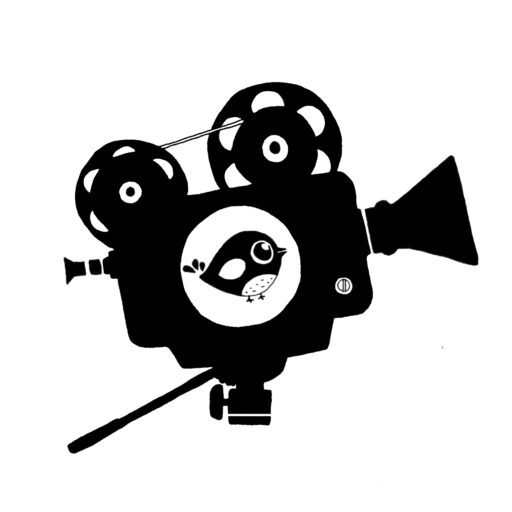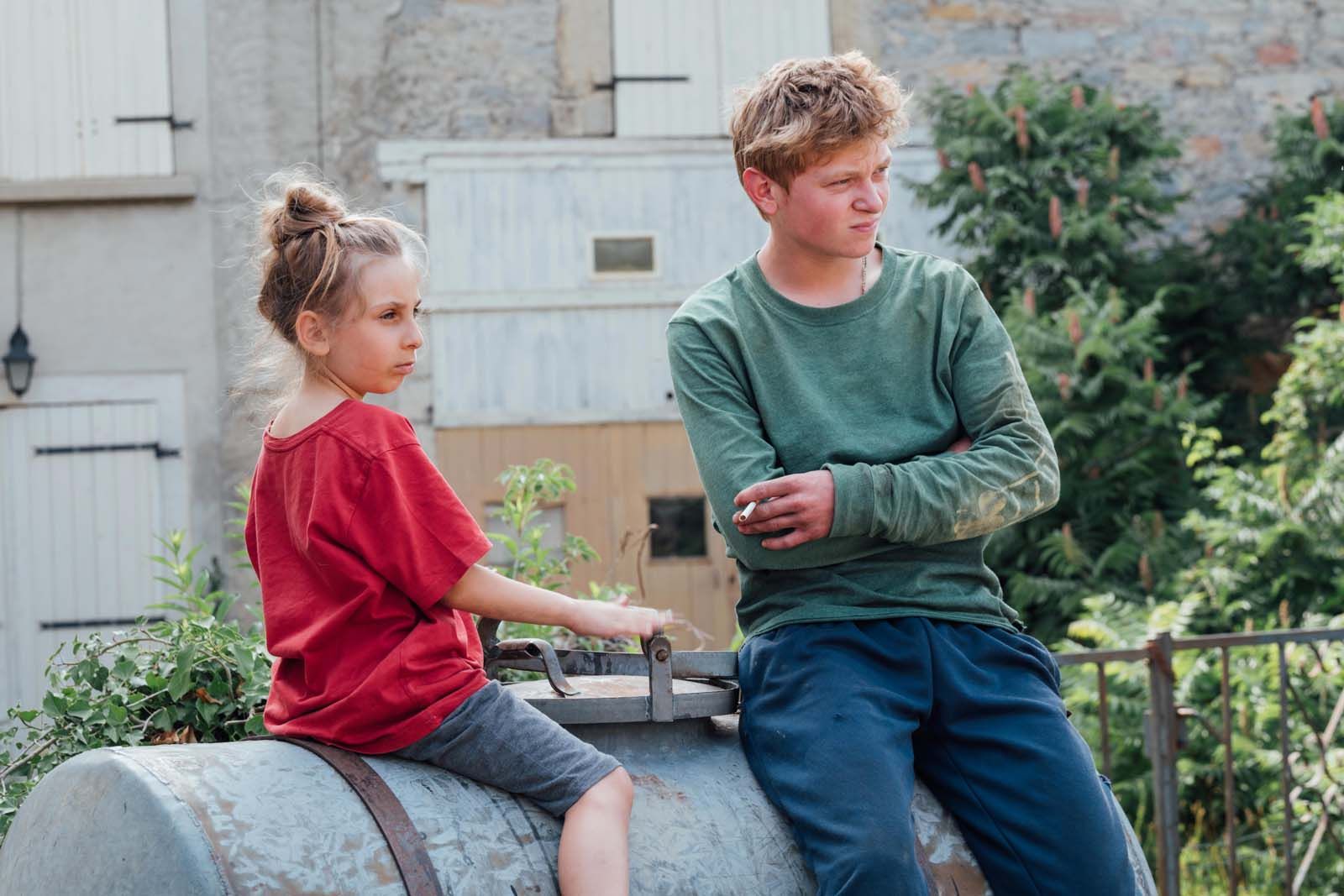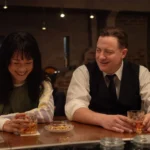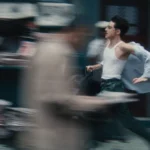There is very little forgiveness to be found in Louise Courvoisier’s debut Vingt Dieux (Holy Cow), a story of rural struggle and joy set in the Jura where she was raised. A quiet film with deep roots, it follows eighteen-year old party animal Totone who, after the death of his father, is forced to support himself and his seven-year old sister Claire on a dairy farm. There he must face the harsh realities of life rather suddenly – it is warm-hearted, certainly, as Totone adjusts and makes mistakes, but by no means is it kind.
The countryside for many is a place of escapism, away from the daily anxiety of city life, but for Totone and his friends, there is their livelihood to think about. Jobs must be found, cows must be milked. Totone’s first move after his father’s funeral is to sell all of his equipment – tools, tractors. “There’s no more soap,” his sister says from the bathtub, before telling him to dry her. It’s a touching moment, two children lost without their parental figure. No one rushes to help them either – is it a plot hole, or simply a very real possibility? Totone is an adult after all, taking up a job as a janitor at another cheese dairy. Though it helps that in small towns, everyone knows everyone, the lack of anonymity is also striking – one key learning from Vingt Dieux for instance is to never have a fight with someone on a night out: you might be working next to them the very next day. In Vingt Dieux, people just get on with things – even the title, expressed multiple times throughout the film (it’s a mild expletive usually with rural origins that the translation Holy Cow can by no means live up to), is said with a sense of downtrodden duty.
There is indeed very little feel-good to be found here – while warm-hearted, there is also something quite ominous about Vingt Dieux, a deep feeling that there is something else just around the corner to tackle. You won’t find existential crises or petty roommate issues here – though first loves and alcohol still feature heavily, it is refreshing to see a different angle on young adults, namely those who work five to ten on their parents’ dairy farm, or who compete stock car races as a passion. It helps that Courvoisier grew up in the Jura, and that all the actors were first-timers assembled by casting directors Léa Gallego and Emmanuel Thomas from neighbouring villages. Clément Faveau is excellent as Totone, his facial expressions translating very little, his eyes betraying him. Maïwene Barthelemy, who plays his love interest Marie-Lise, is also outstanding, having won the César for Best Female Revelation back in February – but it is Luna Garret, Totone’s wise faced sister Claire, who steals the show for me, even with the little material she is given. I would have liked to have seen more of her, or perhaps not. Here, after all, is where lies the dual strength and weakness of Vingt Dieux: its intrinsic quietness.
Be it Totone or Marie-Lise’s brothers, everything is resolved (or not) via physical violence, no doubt typical in this environment, but revelatory of issues regardless of background or origin. “You’re alright,” Totone says to his friend when he asks him about his father. There is a little lacking here, perhaps – Totone is certainly not responsible for his father’s death, but it is no coincidence that it was he who put him in his car to drive home drunk. This could have opened up doors to grief and guilt that are at no point explored – Totone is almost too stoic. Nevertheless, its quiet, understated nature is also where it finds its beauty – in the end, Vingt Dieux – besides Totone’s growth – is really about the budding relationship between two siblings as they set out to make a Comte cheese for the regional competition. Many storylines tend to highlight at length the moments in which two characters begin to bond, the different phases and obstacles they must surpass to finally understand each other – but there is none of that to be found here. As Totone and Claire work at their cheese, furtively smiling at each other, growing more and more tender, Vingt Dieux shows us that not everything always needs to be explained.





